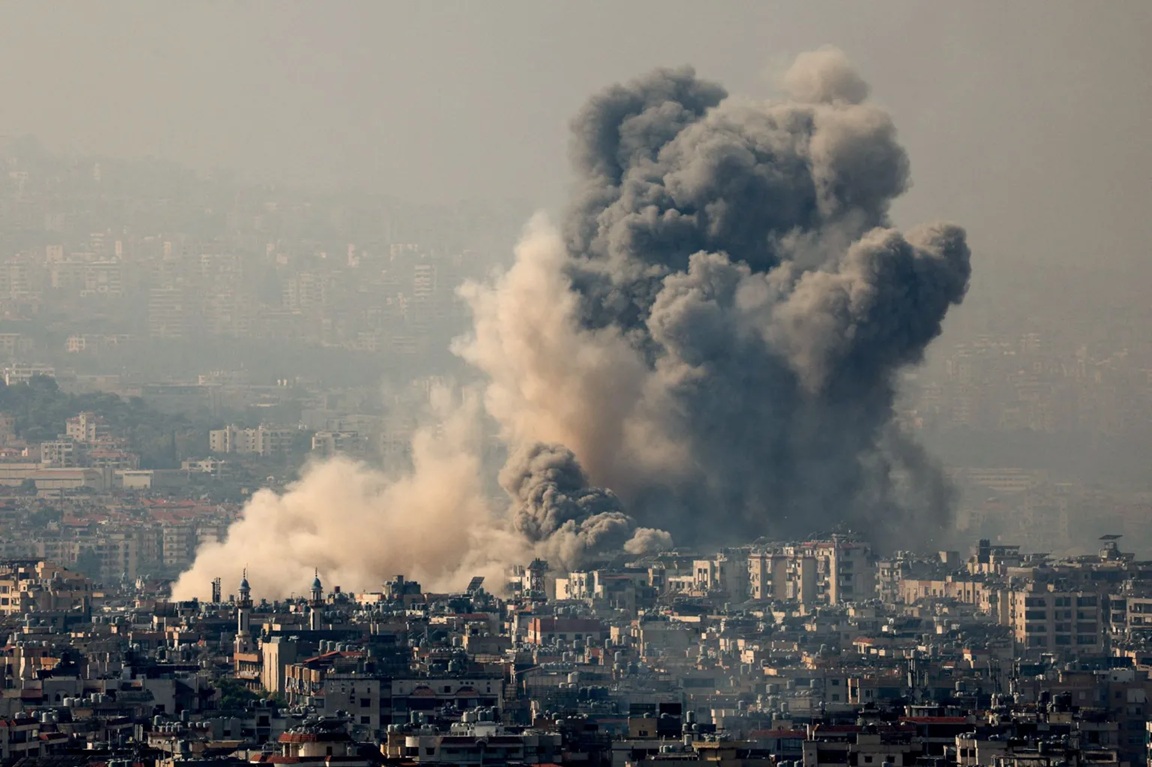Lebanese central bank workers suspended a strike on Tuesday but left open the possibility of resuming the walkout on Friday if the government presses ahead with draft budget proposals that would cut their pay.
He said President Michel Aoun had told the workers the government was moving toward suspending a controversial article of the draft budget and the situation at each public sector institution would be studied separately, the National News Agency reported. There was no immediate government comment.
With Lebanon suffering from years of low economic growth, long-stalled reforms are seen as more pressing than ever.
But the strikes and protests point to the political difficulties facing Prime Minister Saad al-Hariri’s unity government as it seeks to agree a budget to rein in a gaping deficit.
Hariri said late on Monday failure to pass a “realistic” budget would amount to “a suicide operation” against an economy saddled with one of the world’s heaviest public debt burdens.
The public sector wage bill is the government’s biggest expense followed by debt servicing costs and the big subsidies paid annually to the state-owned power producer.
Abbas Awada, head of the central bank workers’ union, said they would meet on Friday to decide whether to resume or call off their strike. The strike could be canceled before then if articles in the draft budget that concern the workers were annulled or an exemption given to the central bank, he said.
The central bank strike led to a suspension of trade on the Beirut Stock Exchange for a second day on Tuesday because the transaction clearance and settlement process could not be completed on time.
The stock market said trading would resume on Wednesday.
The wide-ranging austerity proposals encompass all parts of the state including the military, stirring objections in the army which together with the central bank has been seen as a pillar of Lebanon’s stability since its 1975-90 civil war.
Hariri, in a late night news conference on Monday, said false information had been circulated about the budget and criticized “preemptive” strikes over it.
Amid the friction, Lebanon’s dollar-denominated bonds fell across the curve on Tuesday.
Retired soldiers have been among the most vocal opponents of the draft budget, blocking roads with burning tires last month to protest against any cuts to their pensions and benefits.
The draft budget aims to reduce the deficit to below 9 percent of GDP from 11.2 percent in 2018.
It is seen as a critical test of the government’s determination to carry out reforms and will help Lebanon unlock some $11 billion in international infrastructure financing from donors who first want to see reform.
“Any reform effort in any country inevitably faces resistance from various sides to preserve their benefits,” said Nassib Ghobrial, chief economist at Lebanon’s Byblos Bank.
“But today the council of ministers ... needs to take drastic cost-cutting measures to provide a budget that is credible, that will create a positive shock in the market.”
Markets want to see $2 billion shaved off state spending and a $1 billion boost in revenues that should come through fighting tax evasion and improved collection and not new taxes, he said.
The finance minister said on Monday he insisted on raising the tax on interest income to 10 percent from 7 percent despite objections from the Lebanese banking association.
The chairman of the banking association said last week the proposed hike in the tax on interest income would affect capital flows to Lebanon, weaken banks’ ability to play their financing role in the economy, and obstruct growth.
Source: Reuters




